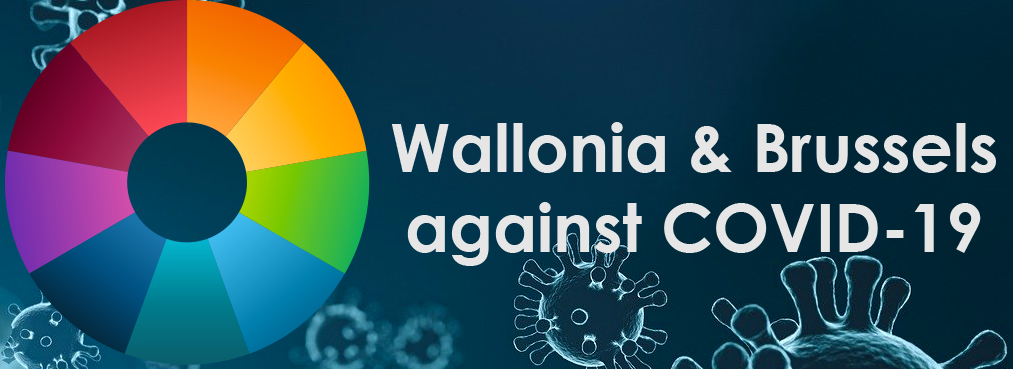Sophie Vanwambeke, Professor - Catherine Linard, Professor - Marius Gilbert, FNRS Senior Research Associate - Simon Dellicour, FNRS Postdoctoral Researcher
ULB, UCLouvain, UNamur - FNRS
" Since early March, we have monitored spatial features of the epidemic, and various possible spatial determinants of its progression, including demographic, socio-economic and environmental indicators. We are also investigating the predictive and explanatory value of various indicators of mobility. Since the beginning of the covid-19 pandemic in Belgium, we observed strong spatial patterns in the disease case incidence. Before confinement measures came into effect mid-March, spatial predictors such as population density, as expected, were correlated to incidence. After the confinement came into effect, many such predictors no longer affected recorded incidence. We have assembled a rich database of demographic, socio-economic, and environmental indicators at the municipality level to identify spatial correlates of disease transmission. These are expected to differ pre- and through confinement, and to change further after confinement. We are also working...


